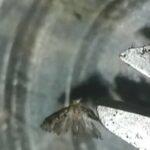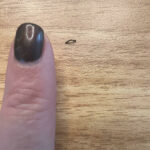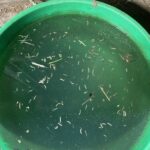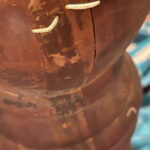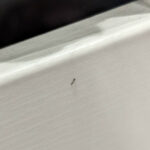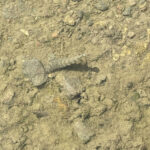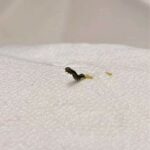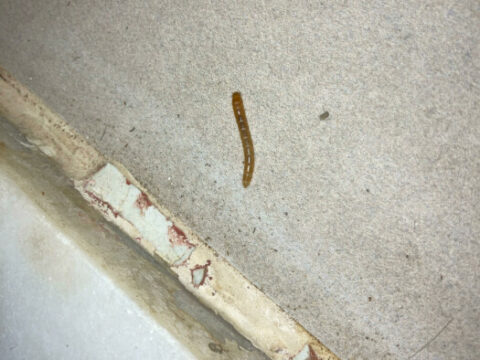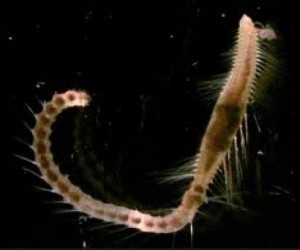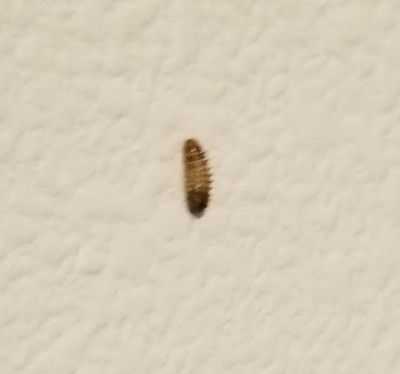Whether it’s a web worm or a pecan weevil, killing pests—any kind of pest—in pecan trees can be tricky as many chemicals and pesticides that are meant to kill worms and pests can actually kill beneficial earthworms living in the soil below. Earthworms play an important role in helping the earth’s trees, plants, fruits, and vegetables thrive. Earthworms do several things for the earth. They aerate the soil, which means they dig tunnels in the soil, which allows air to get to the plant roots. Worms also eat organic matter, digest it, and excrete the digested material. This digested material is called “castings.” The castings are rich with phosphorus, calcium, and potassium.
Worm castings are so valuable and ten times richer in nutrients that commercial topsoil, that many gardeners and farmers use the composting method to fertilize plants and crops. Worm castings also help create channels within the layers of the earth’s soil, which helps to hold water better and keep moisture in the soil longer.
To avoid killing earthworms, it is important to identify the type of pest that may be infesting your pecan trees. Once you have identified the pest, the proper chemical treatment will be prescribed. It is important, however, to leave the application of harsh chemicals up to a professional home and garden exterminator. A professional home and garden exterminator will know exactly how to kill the pests in your pecan trees without killing the earthworms below.
There are several different types of pests that infest pecan trees. These include: pecan weevils, tent caterpillars, hickory twig girdlers, and cicadas. Larger pecan tree pests include the federally protected sapsucker woodpecker and the semi-protected squirrels. While squirrels and woodpeckers can cause some damage to pecan trees, they do not cause enough damage to justify hurting these animals.
Pecan weevils spend the winter, spring and most of the summer in the ground as a grub. The grubs transform from the pupal stage into adults at the end of August through the first week of September. Ten percent of all pecan weevils fly, while the other 90% will simply crawl up the trunk of the tree, mate, then head up the pecan tree to eat a holes in the pecans (which are undeveloped at this point) and lay one or more eggs inside. As the pecan develops, the hole closes. Later, you will find a hole in a hollow pecan. This is the hole chewed by the grub on its way out. To get rid of the pecan weevils, you can dust trees Sevin during the last week of August through the first week of September. This will allow you to catch the crawlers, but not the flyers, of course. If you saturate the ground beneath the tree with diazinon, this will kill the adult pecan weevils as they emerge. It is important to keep in mind that this last step could kill earthworms. Consult with a professional for ways to avoid this.
Between March and April, a female moth will lay her eggs in pecan trees. Inside are tent caterpillars. During late summer, the tent caterpillars crawl down out of the tree to spin their cocoons. They will remain there until fall when they will emerge and eat through the trees. You can use load a sprayer with liquid Sevin or any other insecticide labeled to kill fall worms. To pull the tents apart, simply use a pole or you can burn them. This can be tricky because you have to take special care not to damage the main branches. Hiring a professional is your best bet. You can also dust the tree trunk with Sevin. This will catch and kill tent caterpillars coming out of the tree before they have a chance to hide under the house, lawn furniture, or any other objects lying around. Preventative sprays can help control tent caterpillars to a certain extent. To supplement this, you should fertilize the earth around your trees. This can help restore lost food supplies.
Reminder: It is against the law to kill squirrels in most states and it is against the law to kill woodpeckers in all states.
All About Worms is always free, always reader-supported. Your tips via CashApp, Venmo, or Paypal are appreciated! Receipts will come from ISIPP Publishing.



